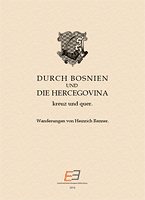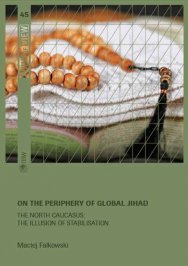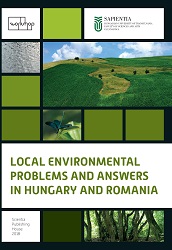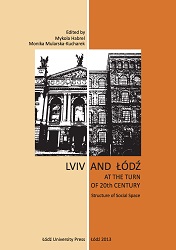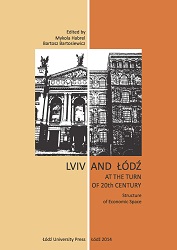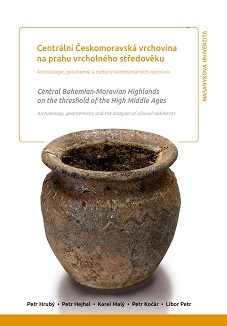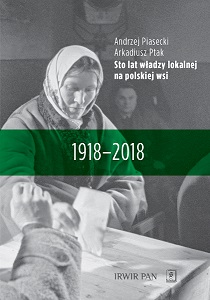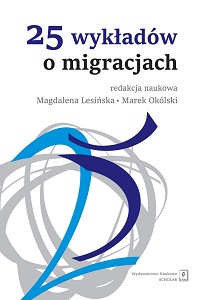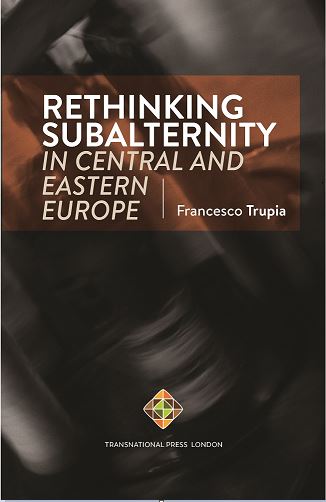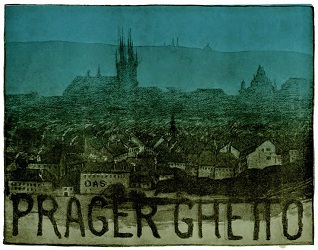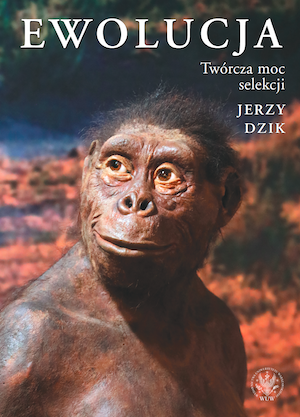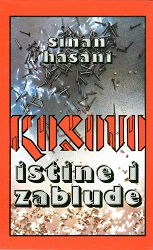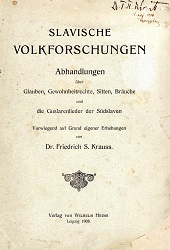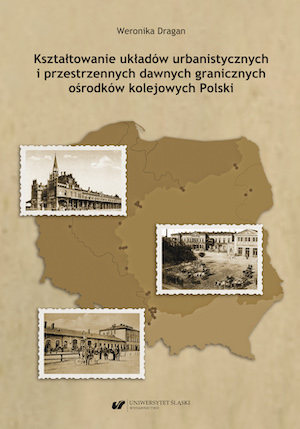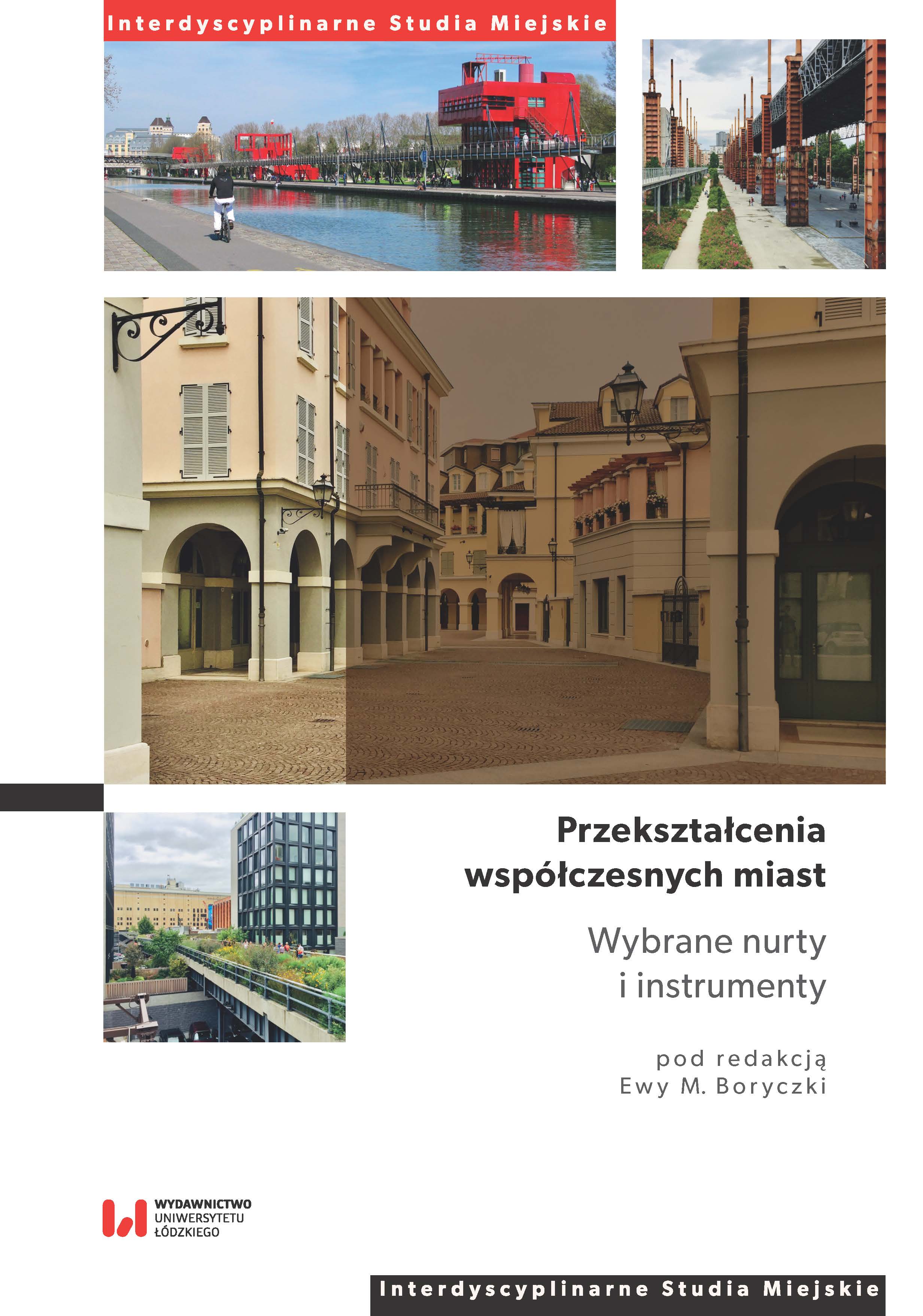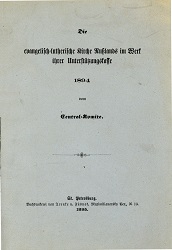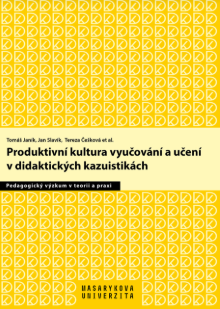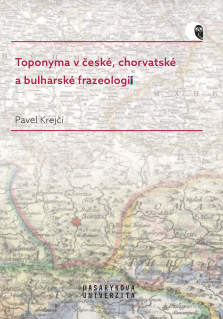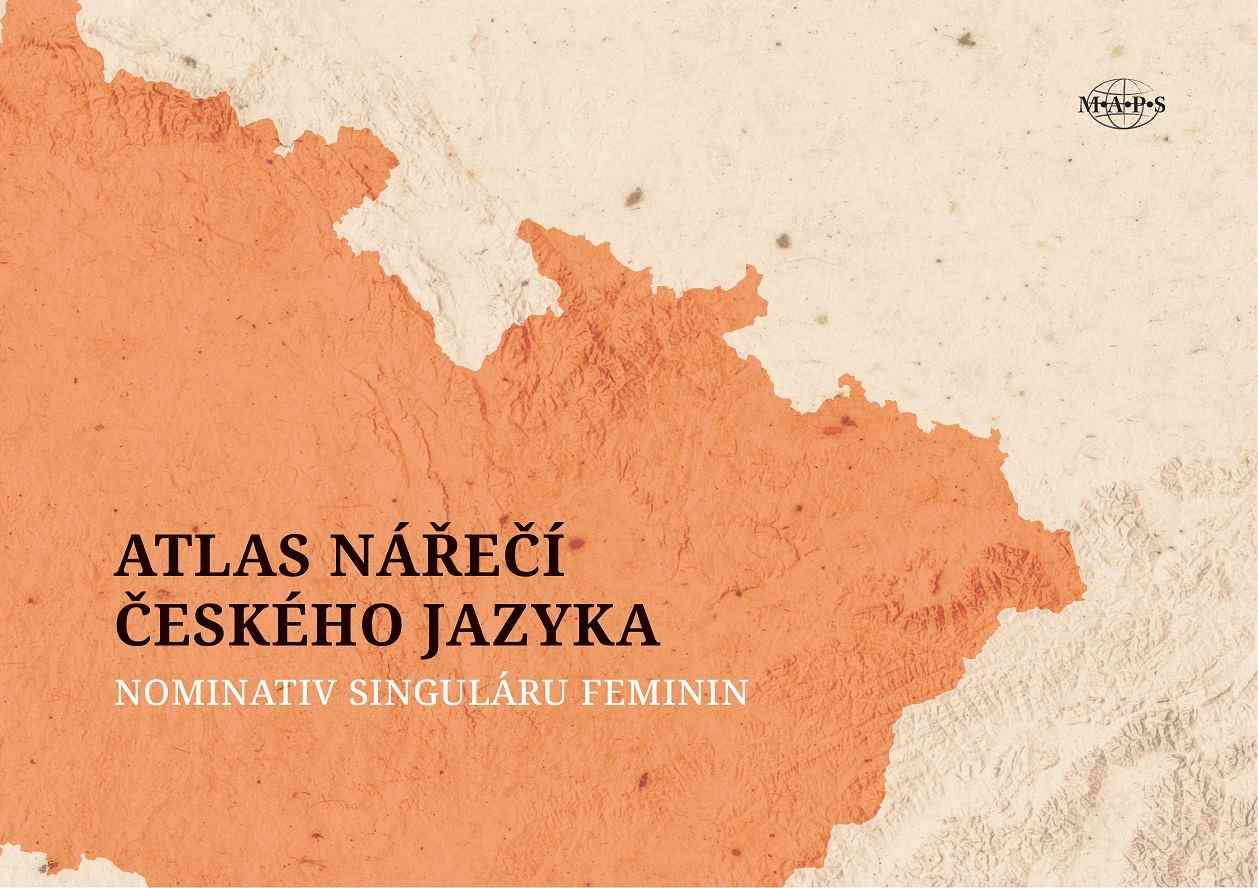Author(s): Magdalena Lesińska,Marek Okólski / Language(s): Polish
Książka jest użytecznym kompendium wiedzy o jednym z najważniejszych procesów społecznych XX i XXI wieku - współczesnych migracjach ludności.- Dlaczego historia człowieka to historia migracji? - Kim jest migrant, uchodźca, repatriant? - Jakie są przyczyny procesów migracyjnych i jakie są ich skutki dla jednostki, rodziny i społeczeństwa?- Jaka będzie przyszłość migracji?- Kim są i jak funkcjonują cudzoziemcy w Polsce? - Dlaczego migranci są populacją trudną do zbadania?Na te i wiele innych ważnych pytań odpowiadają w prezentowanej pracy specjaliści z różnych dyscyplin naukowych, m.in.: demografii, socjologii, ekonomii, nauk politycznych, prawa, historii, geografii i antropologii.Jako podstawowe kompendium wiedzy o wszelkich zjawiskach i procesach dotyczących przeszłych, teraźniejszych i przyszłych migracji niniejsza książka znajdzie czytelników wśród osób zawodowo zajmujących się tą problematyką, lecz z uwagi na przystępny język zainteresuje z pewnością także osoby spoza świata nauki.z recenzji dr hab. Marii Zielińskiej, prof. UZCechą dobrego wykładu (z którym mamy tu do czynienia) jest jego treściwość połączona ze zwięzłością. (…) Sprawiło to, że przygotowane zostało obszerne i poważne kompendium wiedzy z zakresu migracji, bardzo potrzebne na polskim rynku wydawniczym. Nie ulega też wątpliwości, że otrzymana publikacja, gromadząca rzetelną wiedzę z wielu dyscyplin, będzie jedną z ważniejszych w dostępnej literaturze przedmiotu.z recenzji prof. dr hab. Krystyny RomaniszynW tomie publikują: Marta Anacka, Katarzyna Andrejuk, Jan Brzozowski, Maciej Duszczyk, Agnieszka Fihel, Kamila Fiałkowska, Michał P. Garapich, Agata Górny, Izabela Grabowska, Marta Jaroszewicz, Aleksandra Grzymała-Kazłowska, Anna Janicka, Ewa Jaźwińska, Paweł Kaczmarczyk, Marta Kindler, Witold Klaus, Weronika Kloc-Nowak, Piotr Koryś, Magdalena Lesińska, Karolina Łukasiewicz, Wojciech Łukowski, Michał Nowosielski, Marek Okólski, Marta Pachocka, Aneta Piekut, Karolina Podgórska, Agnieszka Radziwinowiczówna, Justyna Salamońska, Karolina Sobczak-Szelc, Renata Stefańska, Dariusz Stola, Monika Szulecka, Przemysław Śleszyński, Sabina Toruńczyk-Ruiz, Paulina Trevena, Mieczysława Zdanowicz, Piotr Zdanowicz.
More...
